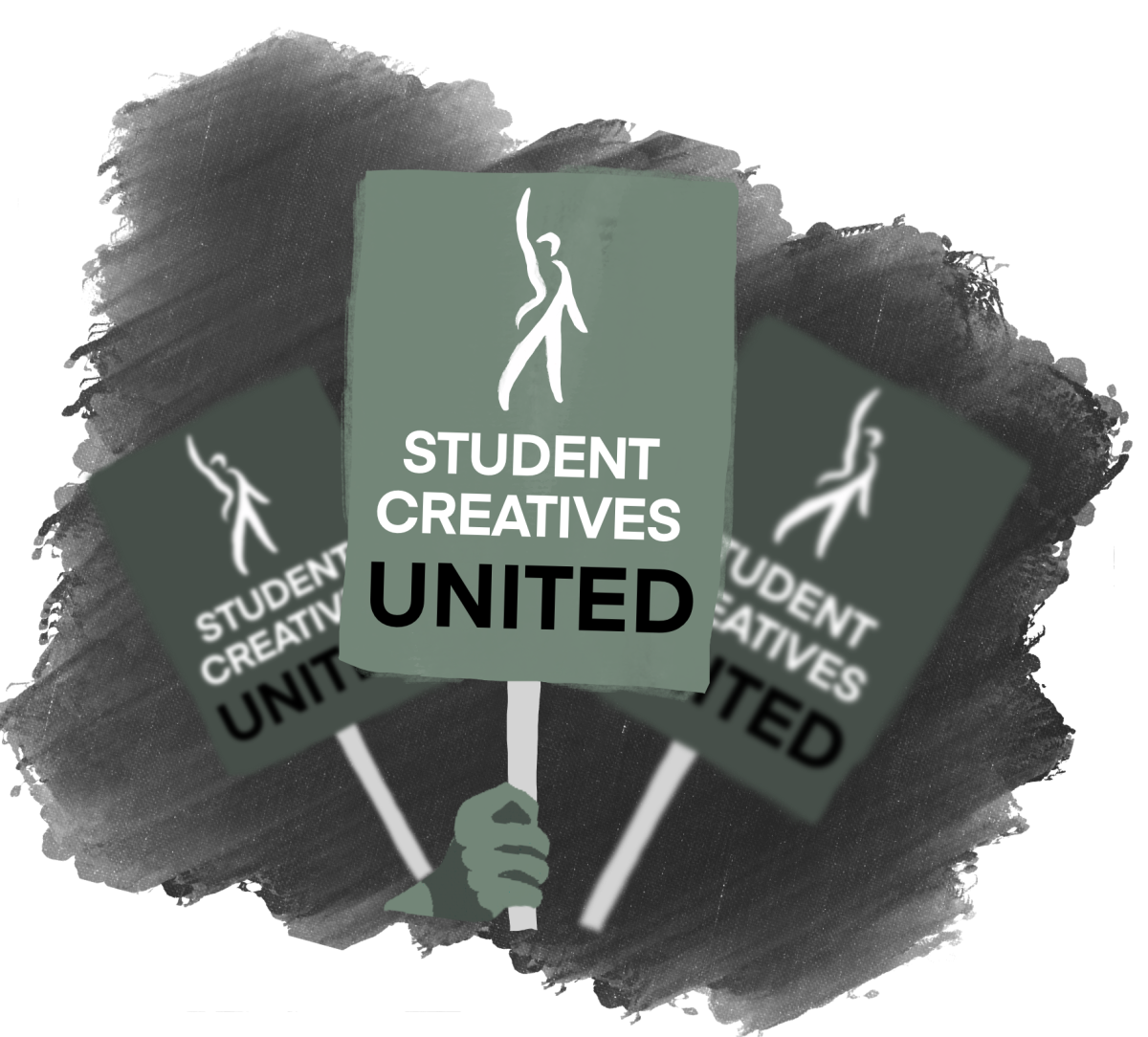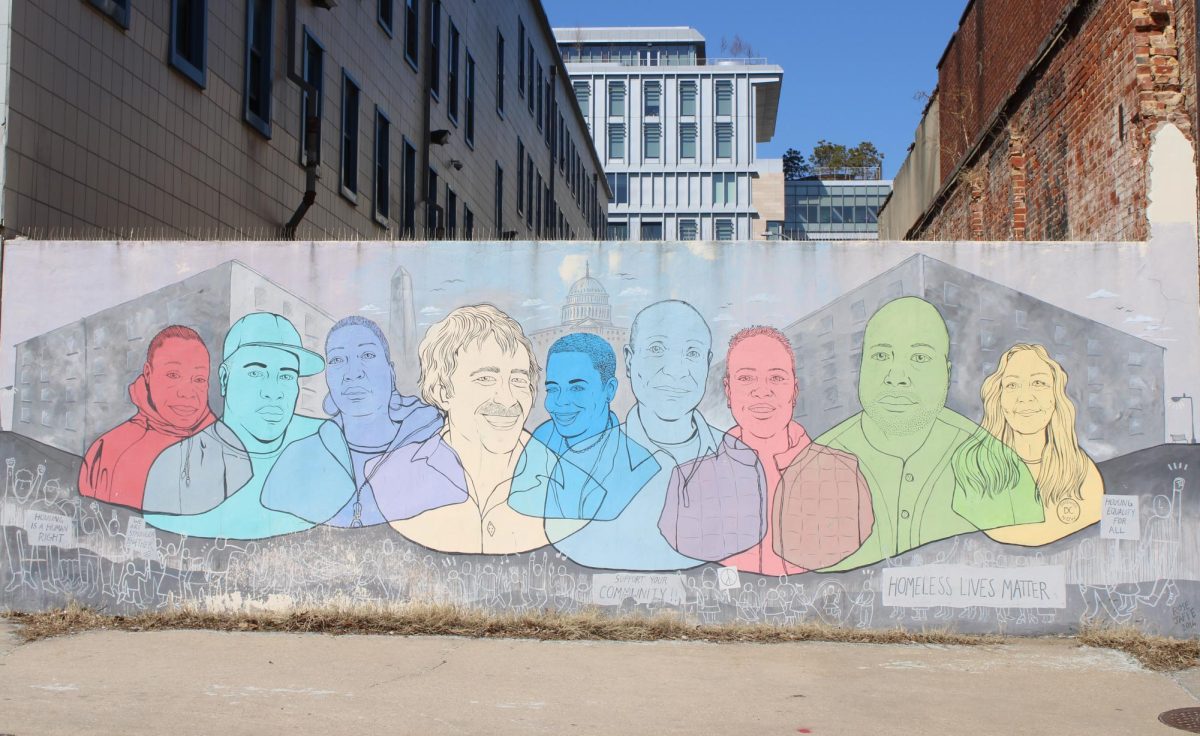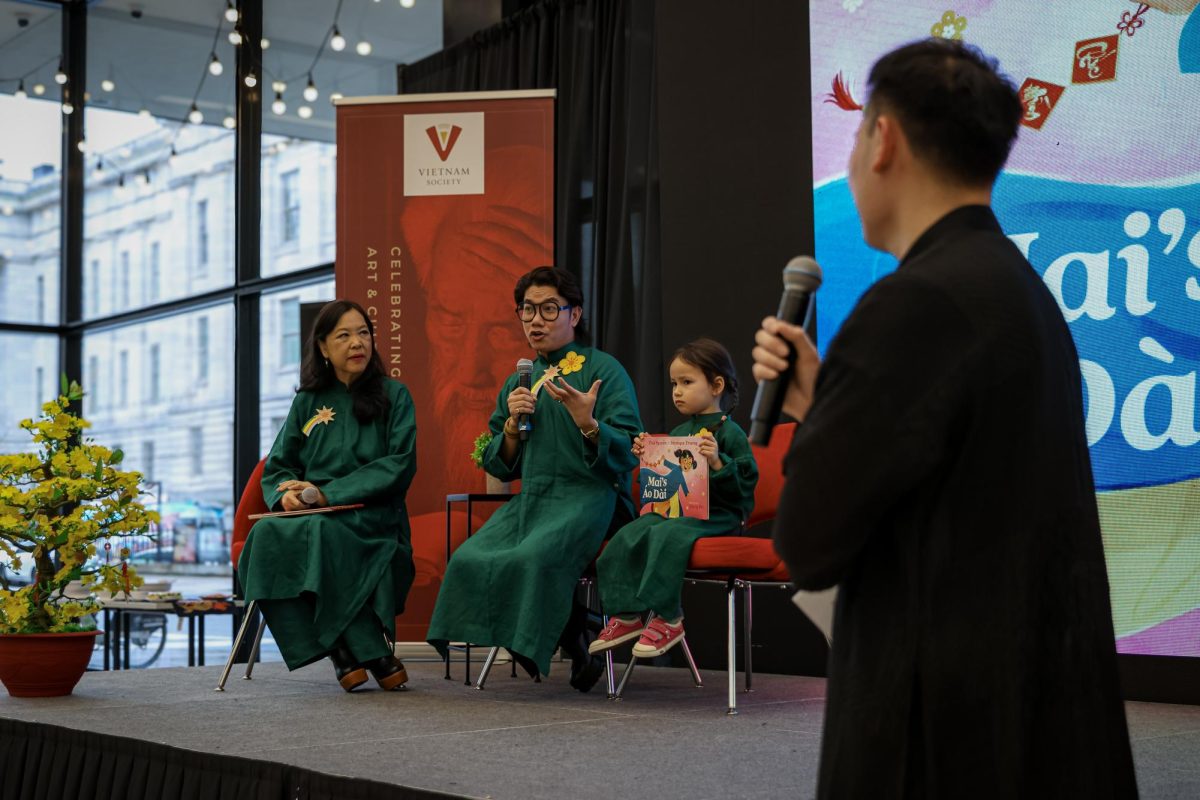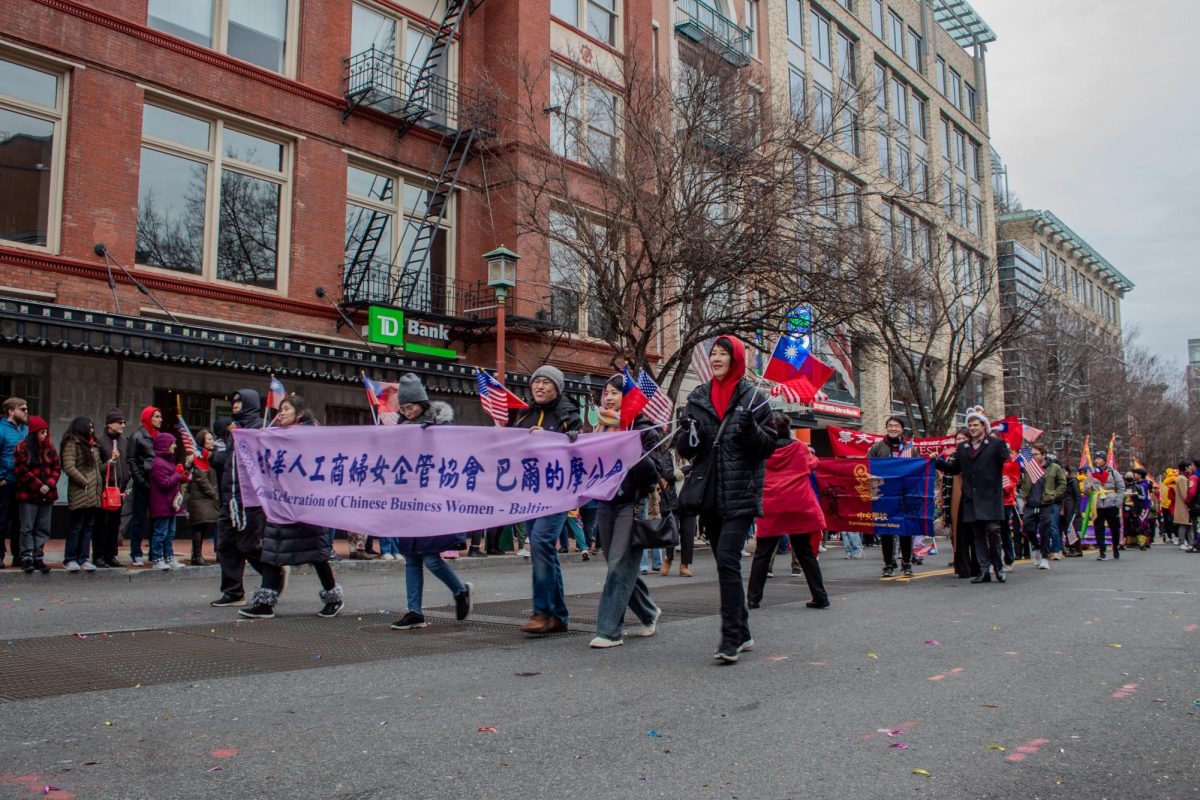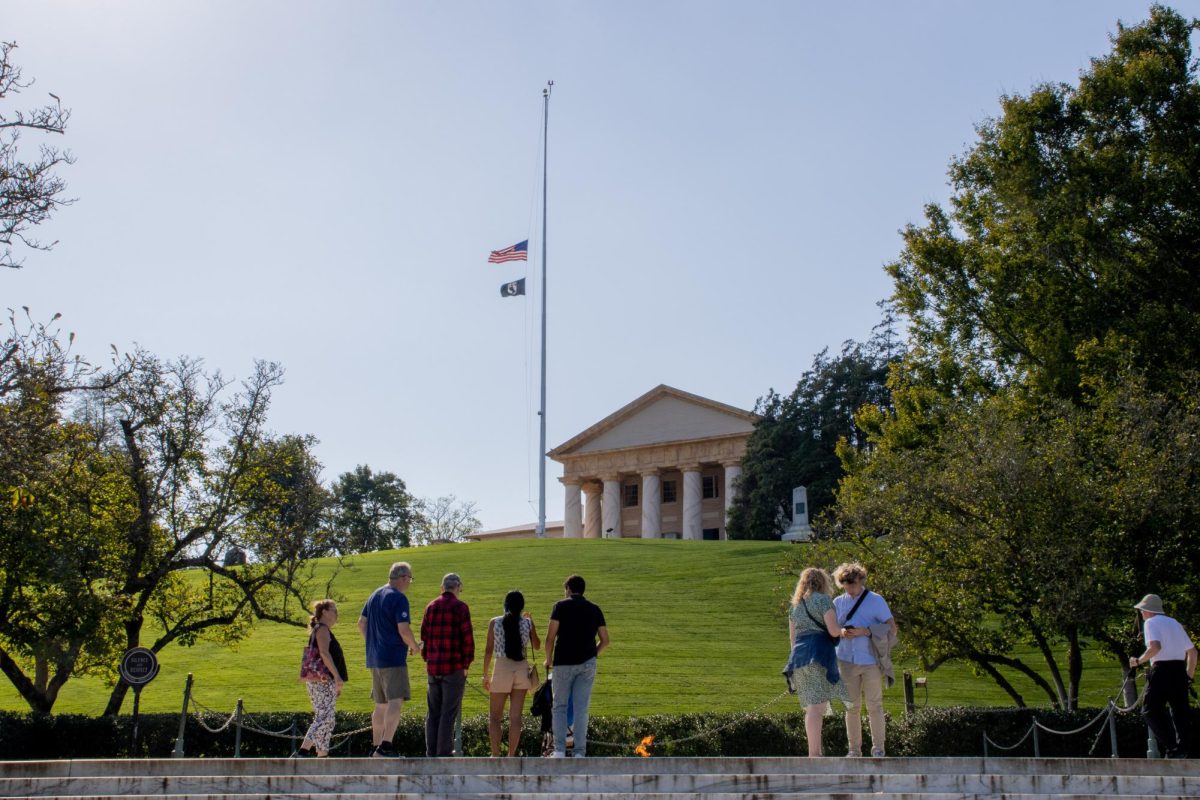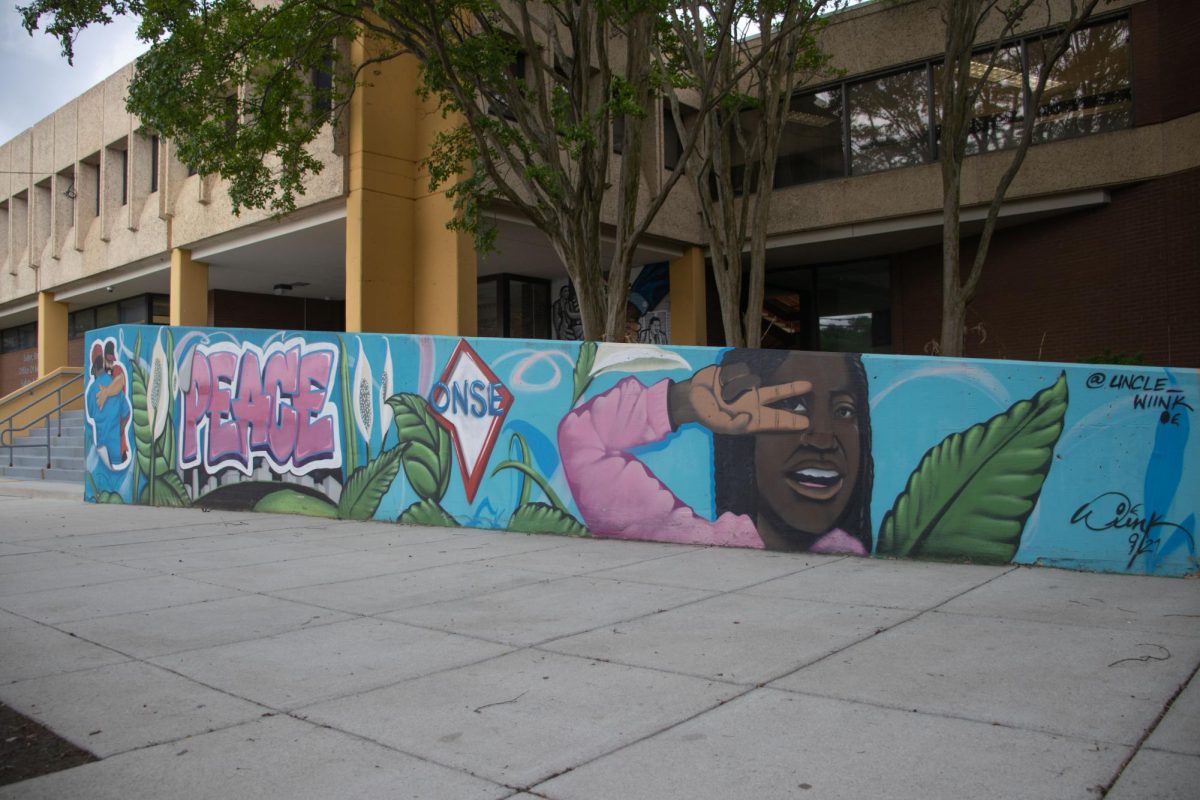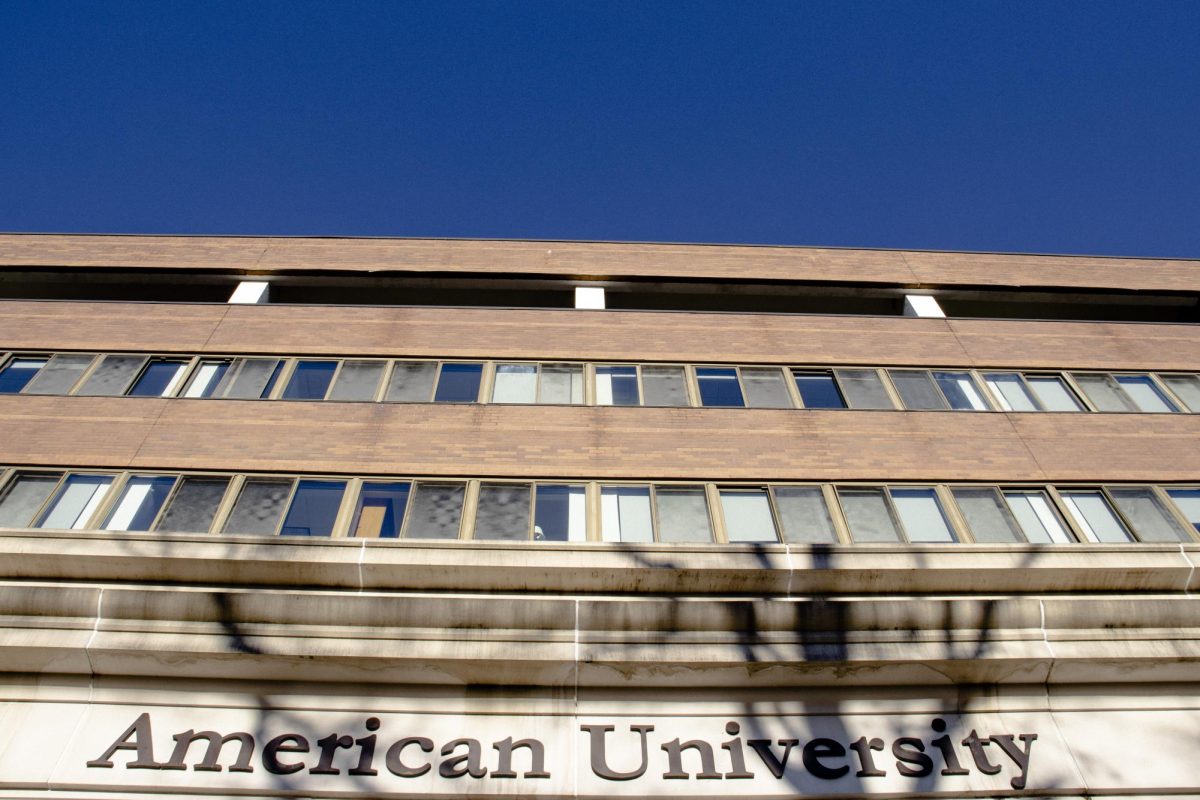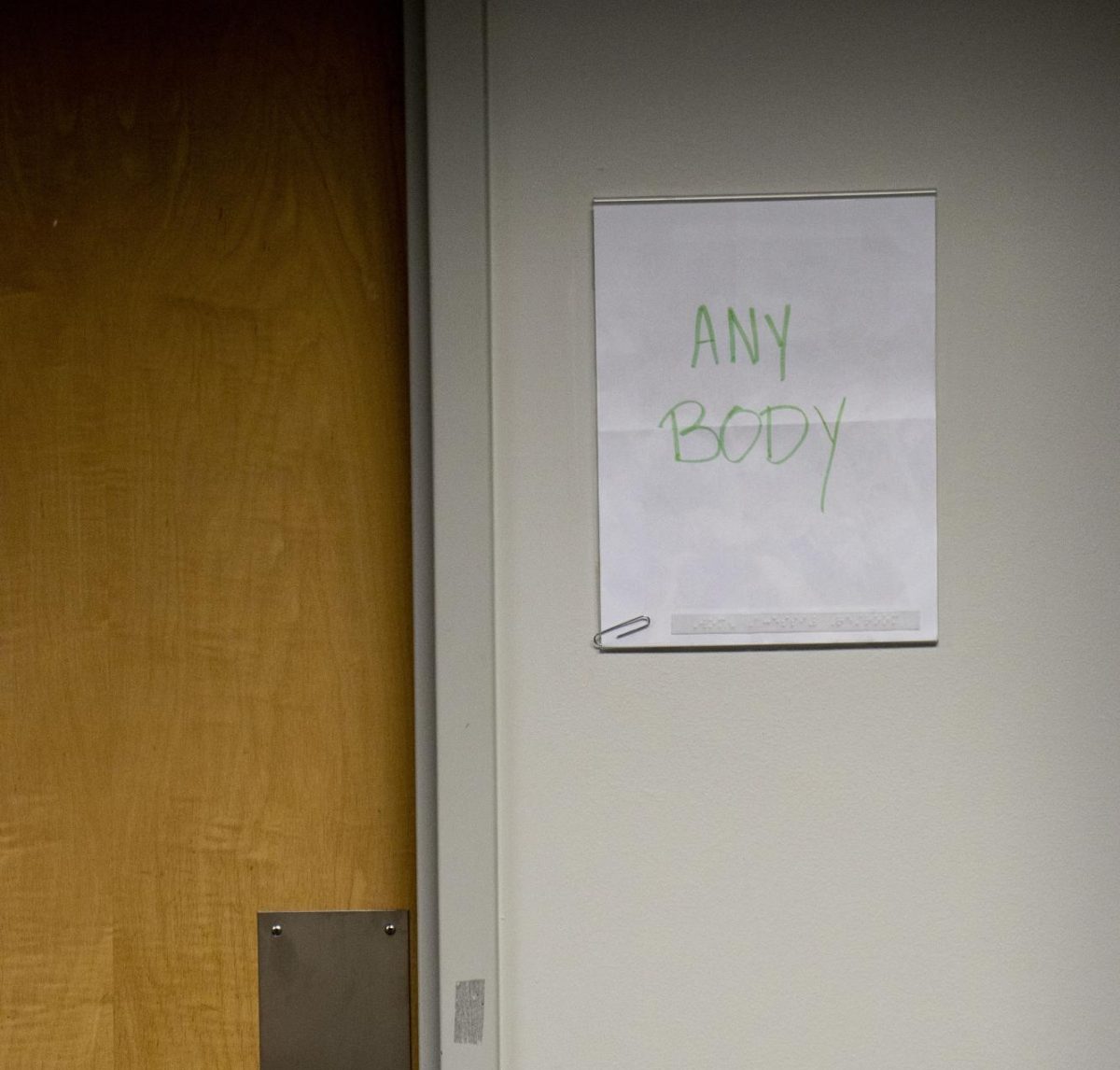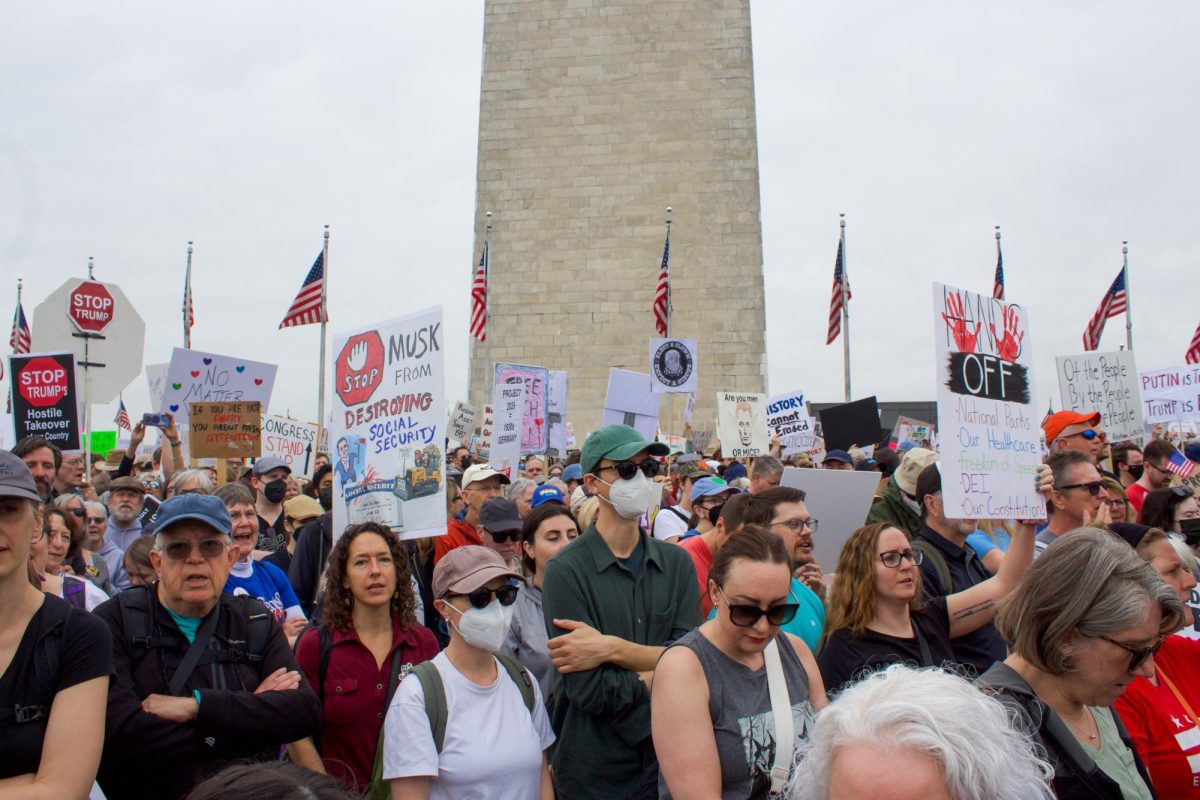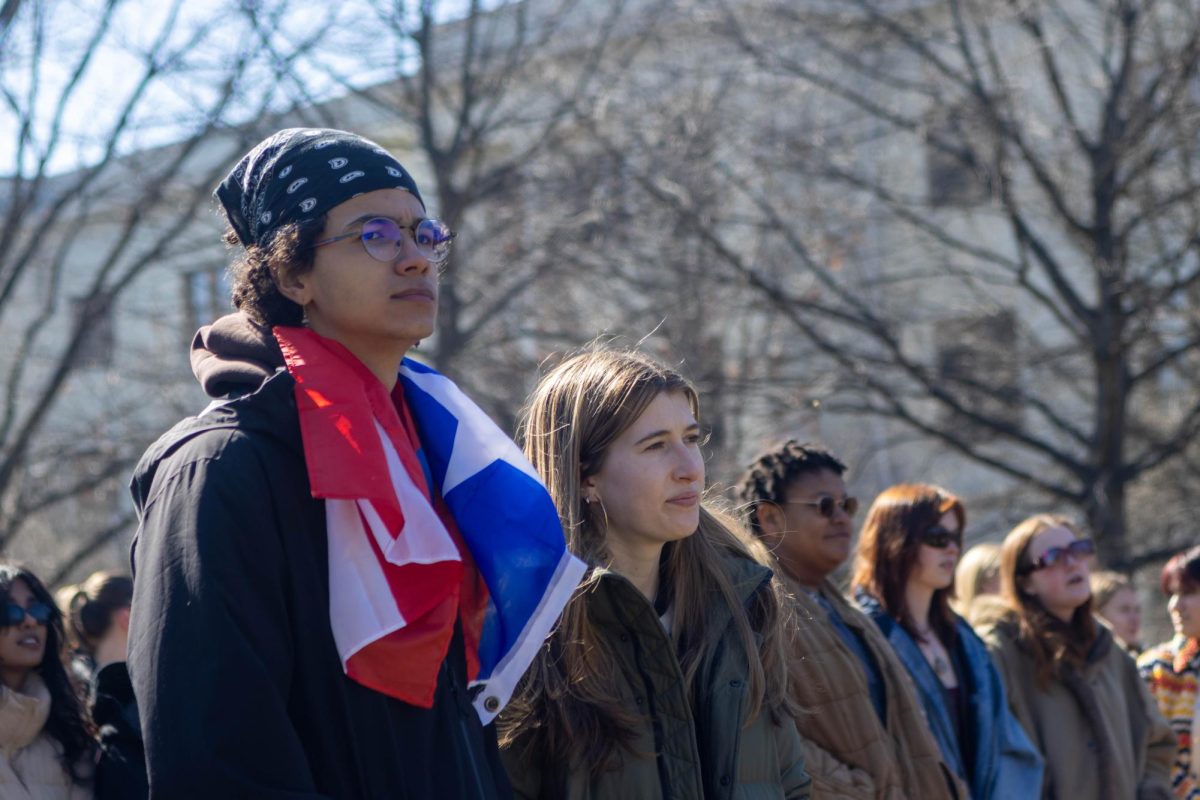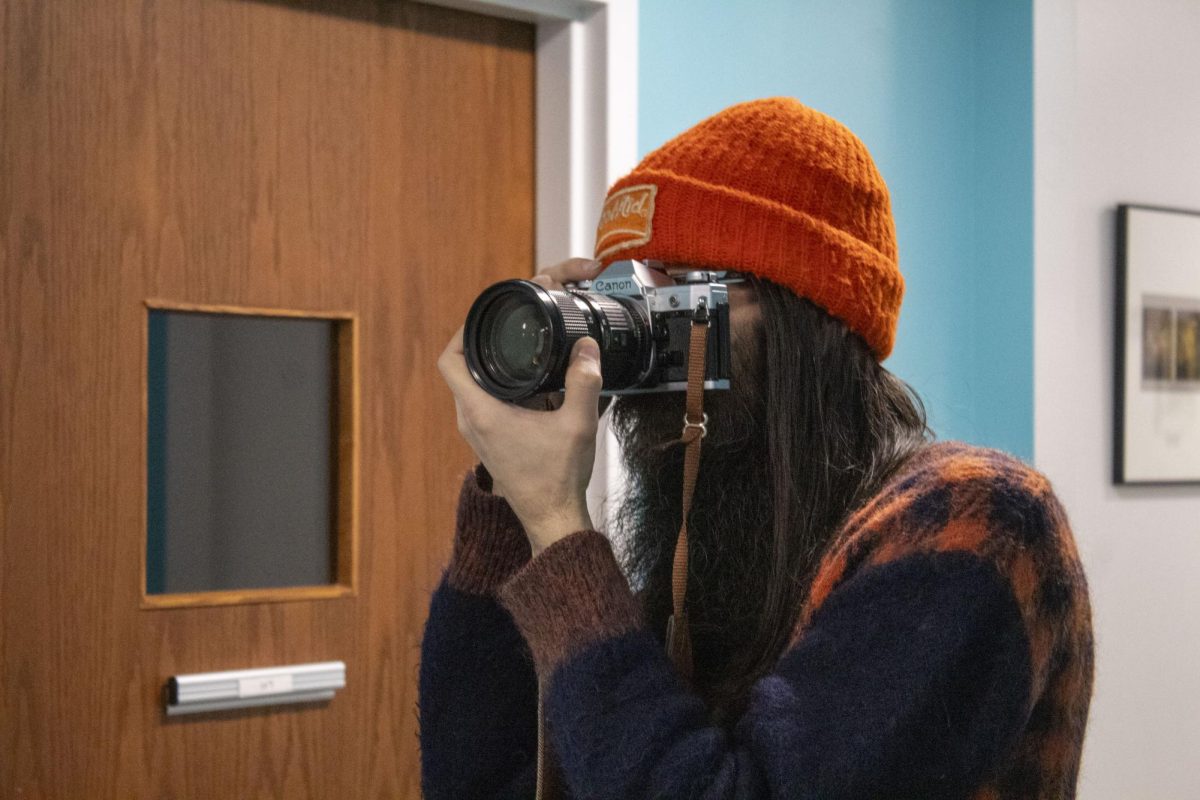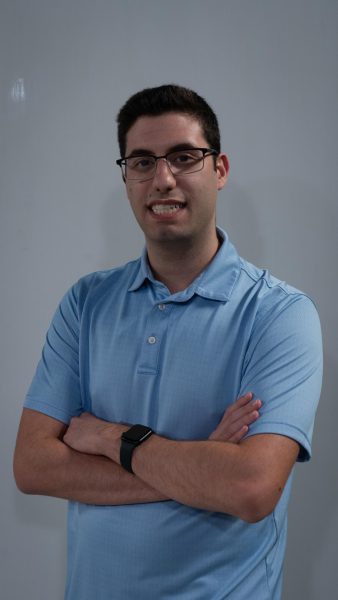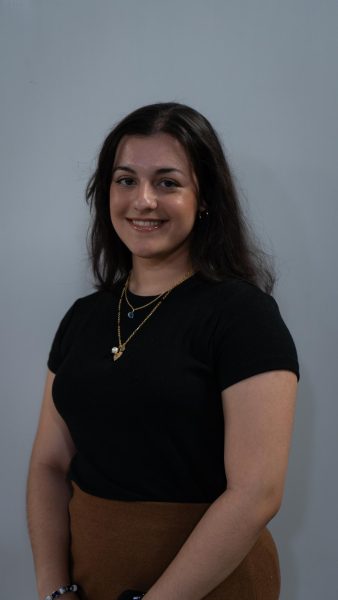The Writers Guild of America strike reached an agreement with Hollywood Studios after striking for 148 days, according to a video posted by the WGA on Sept. 28. American University students and professors worry how changes to the entertainment industry will impact their future.
The WGA is a labor union that represents thousands of creators who write scripted films, television shows, news programs and other content, according to their website. When the writers went on strike, studios that didn’t accept their terms were unable to produce new movies, television shows and other media. The Minimum Basic Agreement was approved by the labor union and writers are no longer on strike, according to an Oct. 9 post from the WGA.
This strike rivaled the longest strike in WGA history in 1988 which lasted for 22 weeks, according to the WGA website. The recent strike lasted about 21 weeks.
Writers went on strike May 2, according to the WGA website. Actors joined after the Screen Actors Guild-American Federal of Television and Radio Artists, SAG-AFTRA, announced their strike on July 13, according to a post from the union’s Instagram.
Many actors are represented by SAG-AFTRA which is an extension of WGA that represents 160,000 writers, actors and voice over artists in entertainment, according to their website.
Actors who do voice work for video games and other SAG-AFTRA interactive media also went on strike on Sept. 25, according to the SAG-AFTRA Instagram page.
Actors in SAG-AFTRA and the American Motion Picture and Television Producers Association are continuing negotiations with Hollywood Studios, according to an Oct. 9 update from the SAG-AFTRA website. If an agreement is reached and approved by both organizations, then members will return to work.
According to The Writers Guild of America East, actors and writers demanded residual changes to earn better compensation and enhance protections against artificial intelligence and other uncompensated works.
WGA further discussed their role in monitoring, collecting and distributing millions of dollars in residuals to writers each year to pay for reusing material in movies and television shows, according to their website.
“This is a business,” Bob Mitchell, an adjunct instructor who teaches classes on the entertainment industry at AU, said. “It’s all about money.”
With the WGA strike over and SAG-AFTRA continuing to strike, AU students and professors said they are concerned about their futures in entertainment.
Before the strike ended, Frank Gittleman, a senior film and media arts student, said he is worried about finding a job.
“I find that the search for a job is kind of stressful in the current climate,” Gittleman said. “Getting a career in scriptwriting will be significantly more difficult, and if the financial demands aren’t met, unsustainable too.”
Gittleman also said that he opposes Hollywood studios reducing residual compensation, and the use of AI to produce content. Studios cutting costs and using technology meant that they did not recognize their efforts for their work, Gittleman said.
“Things are costing more,” Gittleman said. “People who make a lot of money are scrambling to cut costs wherever they can.”
In Dec. 2020, the Disney+ television show “The Mandalorian” season two finale used deepfake technology to deage Mark Hamill as Luke Skywalker, according to a Bright Side article. The article discussed that Hamill’s character used older images and video footage to look younger, while using Max-Lloyd Jones, a second actor, to mimic his movements.
Hamill gave Lucasfilm consent to use his likeness, but actors and students said they do not want Hollywood using their likeness to mirror human behaviors.
“There are certain things that you can’t really mimic with an AI that you really need a human to do,” Sam Shapira, a junior at AU, said.
AU Film and Media Arts Associate Professor Larry Engel said he participates in the Writers Guild of America East and the Directors Guild of America. He said he has seen writers and actors leave the profession because of concerns with AI taking over their jobs and Hollywood creatively using it to save money without paying them.
“AI today is relying on the intellectual property of people who have written, who have done artwork,” Engel said. “The bots are basically just massively looking through that and taking intellectual property and reusing it.”
Engel said he remains concerned about how Hollywood studios will still use AI as writers start returning to work.
AU Business and Entertainment Professor Linda Bloss-Baum said she has worked closely with SAG-AFTRA throughout 2023. Her main goal is to eliminate threats of AI if it replaces jobs for actors and writers.
Despite deals being made and discussed, Bloss-Baum said she still sees young actors and writers having trouble finding work and showing their creative abilities that AI can’t copy.
“There’s no group that is potentially threatened more than the creative class,” Bloss-Baum said. “We really need to worry about what happens to today’s creators.”
Shapira said that he enjoys creative script writing, and wants studios to become more aware of including human writers in their projects.
Shapira said he loves seeing what every movie and television show offers to a viewer. He said he used the last five months to catch up on programs he had not seen before, such as “Breaking Bad” and “Better Call Saul.”
Within the context of the writers strike, he said he got to better appreciate the part of script writing that does not always rely on technology for storytelling and character development.
“It definitely gives you more of an appreciation for writing as an artform,” Shapira said.


